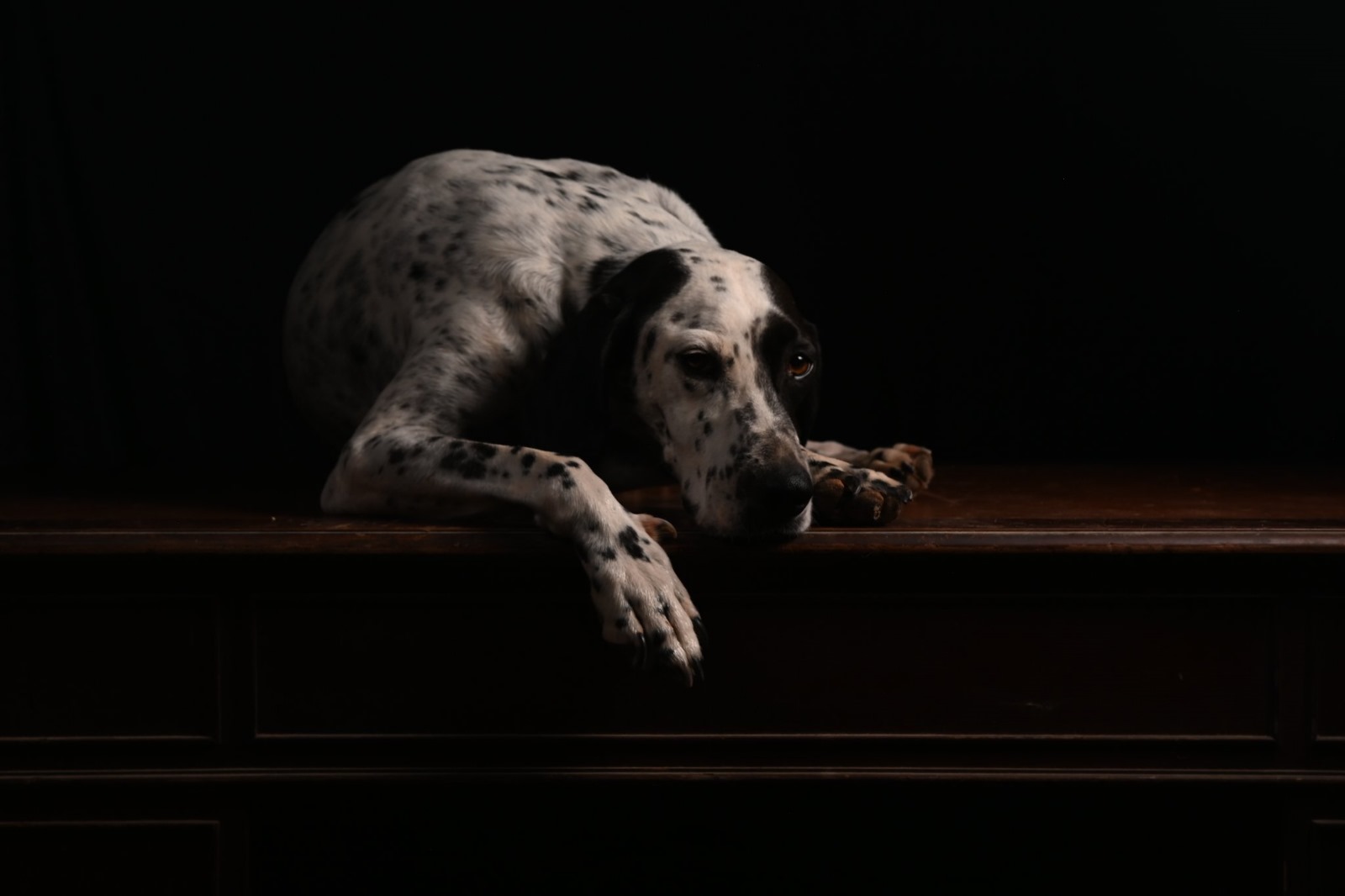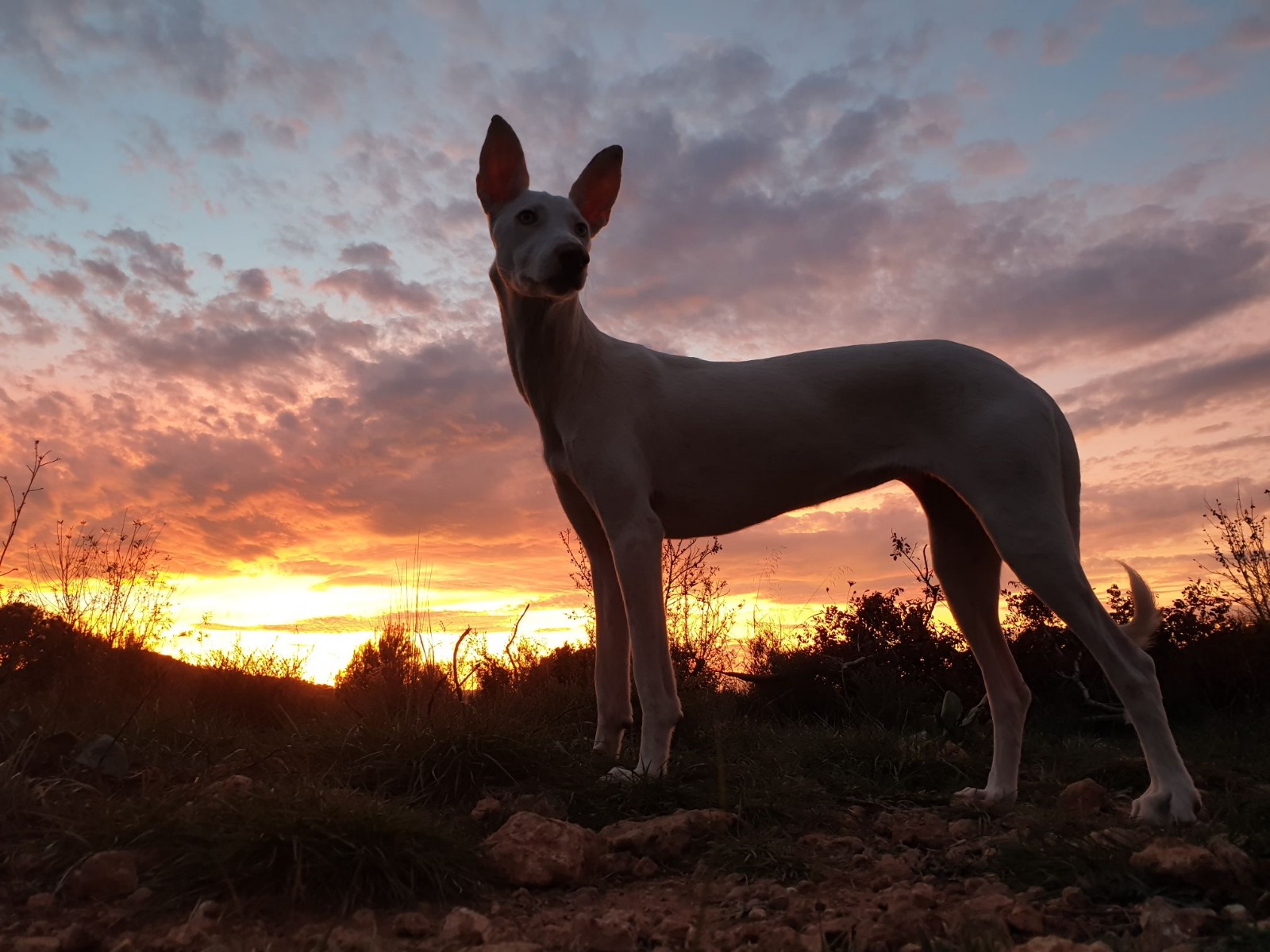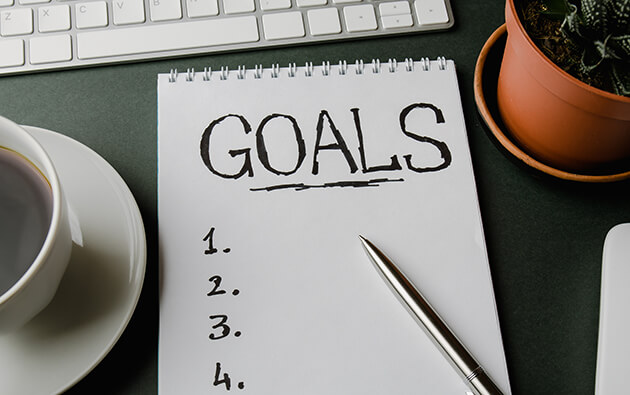OUR PROJECT
CARE AS A GOAL ITSELF
Maniua was born as an educational and audiovisual project that originated and grew from the community and social experience of the dog, and became an investigation into the psychology and capabilities of these incredible beings.
Among our plans is the construction of a cage-free rehabilitation center, focused on enhancing the dog-human connection from true respect, education, and self-awareness.
Our rehabilitation system is based on support, offering the most suitable situation possible so that the beings, in this case dogs, obtain the energy necessary to advance on their path to recovery by themselves.
We seek to expand this essential concept progressively, gradually including a wide diversity of beings, among which we include ourselves, humans, as animals, expanding into the more natural world.
We want to unite in the same space concepts such as synergy, education, care, home, self-analysis, psychology, permaculture, sustainability, self-sufficiency, expansiveness, awareness, and regeneration.
All of these concepts are defining of the vital role that nature, and in this case, the forest, plays for all of us and the earth.
And this is where the defining concept of the project comes in. The jungle forests that once populated the entire earth. The protective mantle that protects and embraces all beings equally. The forest and the care of nature is at the root of the project's philosophy, because at the end of the day we are all sheltered by the same world, and we all essentially need the same things in order for us to grow.
Maniua means, for us, progressing as a collective of people who work on self-care—both as a group and as individuals—to take care of animals, people, and the land.
SUMMARY

Throughout history, animals have been used to develop and improve people's quality of life, often coming at an expense to their welfare as they were mostly used as tools rather than treated as equal beings. At Maniua we adopt an anti specieist mentality treating the animals as an end themselves rather than a means to one.
En el presente proyecto se pretende dar forma a todas estas incógnitas tratando a los animales desde el antiespecismo, como fines en sí mismos y no como herramientas.
The aim is to awaken a diverse approach to the relationships established with animals, developing communication based on empathy and reciprocity. The present project intends that the relationship involving the use of an animal for the benefit of people be replaced by one based on respect and equality. The aforementioned animals are seen as an active part of the community and therefore must be taken into consideration.
Since May 2019, with the ruling of the Court of First Instance No. 9 of Valladolid, laws have been created in favor of animal welfare. According to the court of first instance, it considers animals in the following way: That animals cannot be treated as mere personal property, but are “beings endowed with sensitivity” and therefore “the welfare of the animal” must be “taken into account” when legal issues affecting its ownership are discussed, such as the right of ownership or the right of use and enjoyment.
“Maniua” identifies with this annotation, and this project is therefore a model of action with animals based on a communicative and rehabilitative process, in which animals are constantly in contact with people with whom they share a living space. It focuses on the comprehensive care of the animal, that is, both at a physical, psychological, behavioural and social level (hence the need to apply positive psychology and socialisation within the pack).
FOUNDATION

The project is based on a social economy, that is, a solidarity economy based on empathetic awareness of animal suffering. This project emerges from an invisible need, one that it is important not to ignore.
The consideration of animals as property and replaceable tools leads to a series of consequences on various levels. The ideology of the “Maniua” home contemplates that the overly objectifying view of animals, particularly dogs, is reflected in how education, care, and accommodation services are generally carried out.
On the other hand, animals are usually expected to show obedience and unconditional submission, and in many cases, if such obedience is not perceived, attempts are made to instill it through violence, aggravating the situation and harming their ability to communicate. There is an impulsive and capricious tendency to have animals as pets, often carried out irresponsibly, without proper education in animal psychology and without considering the space they need.
Giving animals as gifts for Christmas, birthdays, without considering the responsibility it entails, is behind many problems and conflicts that have become everyday occurrences.
It is also significant to note that people's emotions intersect in their interactions with animals, and in many cases, they transmit various emotions (not always positive) and psychological problems, as a psychological-affective bond is created, or even when there is no such bond, the information is transmitted through resonance. Many problems arise due to people's conscious and unconscious behaviors. That is why, and for all of the above reasons, it is considered essential in the present project to focus activities on positive psychology and human-animal interactions in order to establish a socio-educational model and a new way to interact with animals. In this way, we address the various problems that arise from the same with respect, equity, and, of course, empathy.
We want to distance ourselves from the unidirectional approach focused on the dog's problems, to create and promote a bidirectional model that addresses both animal and human problems. We want to plant the seeds of empathy and self-awareness to stop asking: “Why is my dog like this?” and start asking ourselves: “Why am I like this? Why am I unstable and irritable?”, for example; as well as “Aren’t my emotional states directly affecting my dog?”. It must be considered that an animal is not an appliance that can be fixed at the service center or by pressing a button. An animal requires the need to improve as a person because when taking care of it, one will be responsible for its development and life process.
GOALS

Recover and adapt ancient trades and bioconstruction techniques to modern times and implement them in the construction of the center, making these techniques and knowledge known to the world, to contribute to the care of the planet through the use of materials, strategies, and construction, recycling, and reuse techniques that are conscious and respectful. Organize and promote workshops on the subject.
Create, within the center's grounds, a rich and diverse animal and forest ecosystem, based on permaculture principles. Promote climate recovery, soil quality, rainwater management, and the regeneration of aquifers and underground water. Protect insects, birds, small mammals, and native plant and tree species, creating a permaculture model in constant growth and contact with the outside world through activities, events, and audiovisual material.
Promote social and cultural relationships by including nature and animals.
Create interorganizational and intercommunity bonds with different associations and entities aligned with the project’s philosophy to promote and support the adoption of abandoned animals and the rehabilitation of animals, humans, and nature.